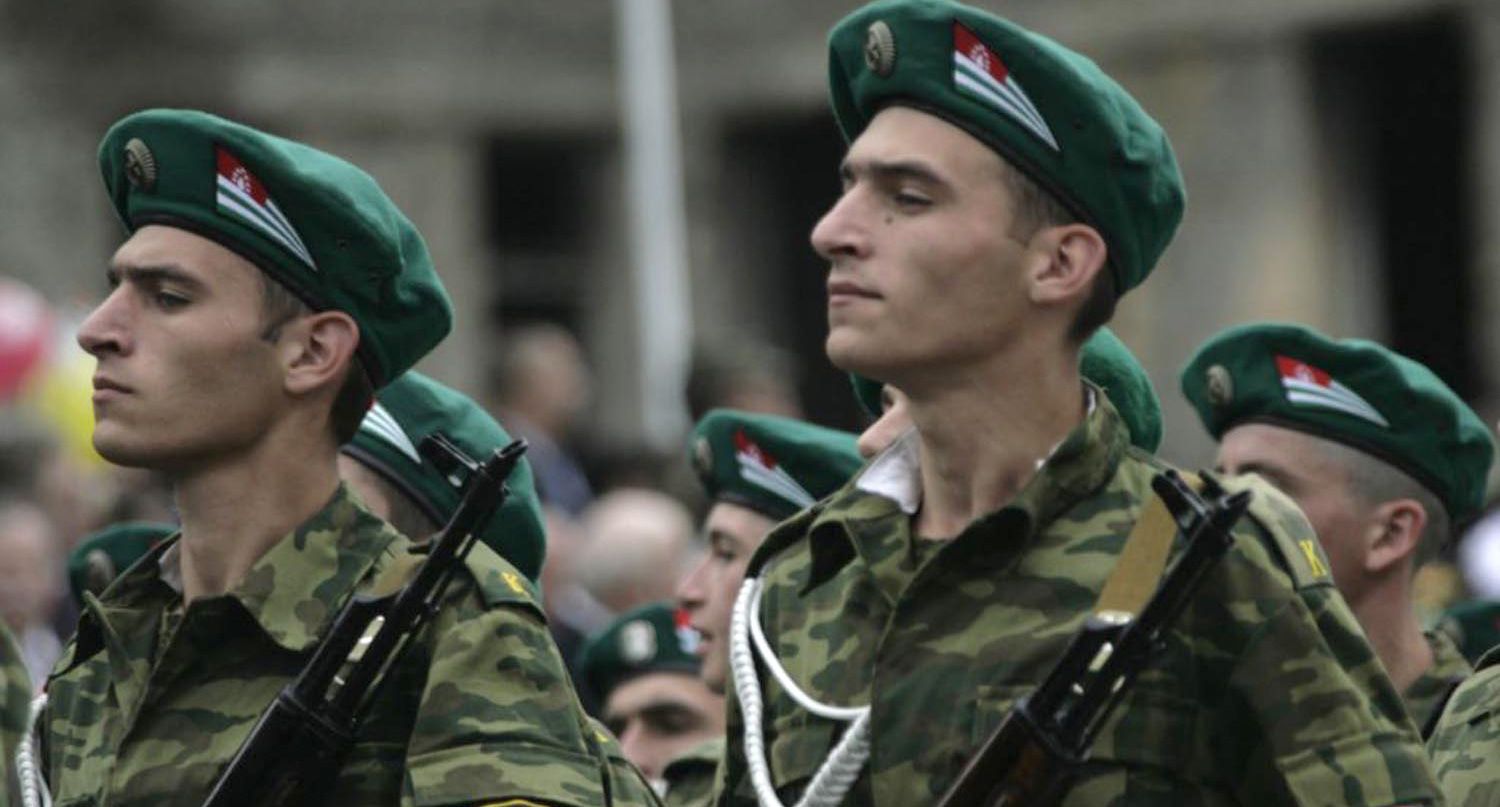Why does Syria still recognise Abkhazia’s independence after the change of power? Opinion
Syria-Abkhazia relationship
Syria is one of just five countries that currently recognise Abkhazia’s independence. When power changed hands there in 2024, many expected that stance to shift. But it didn’t.
Inal Khashig, editor-in-chief of the Abkhaz newspaper Chegemskaya Pravda, offers his view on why Abkhazia has managed to retain Syria’s support.

Inal Khashig: “Assad is gone, but the diaspora remains”
An Abkhaz delegation led by foreign minister Oleg Bartsits is taking part in the Damascus International Fair. They were welcomed in Syria as warmly as if nothing had changed over the past year.
On 8 December 2024, long-time Syrian president Bashar al-Assad was overthrown in an offensive by armed opposition forces. That same day he arrived in Moscow with his family, where he was granted political asylum.
With Assad’s departure, Syria’s domestic politics changed – and so did its geopolitical course. Washington lifted sanctions, Brussels signalled readiness to work with the new government, and Ankara effectively replaced Moscow as Syria’s senior partner.
In this context, many analysts expected the new rulers in Damascus to withdraw recognition of Abkhazia and South Ossetia. After all, official ties with these two partially recognised republics were established in 2018, at the height of Syria’s civil war, and were widely seen as a gesture towards Moscow, which was backing Assad against the opposition.
But Assad lost, and with him Moscow’s influence in the region. Georgia therefore had good reason to hope the new Syrian authorities would rescind recognition of Abkhazia and South Ossetia.
They did not. On the contrary, in June 2025 Abkhaz foreign minister Oleg Bartsits paid an official visit to Syria. And since Moscow had by then almost completely lost its former leverage over Damascus, the visit was arranged solely between Syria and Abkhazia. In other words, for perhaps the first time, Abkhaz diplomacy was relying entirely on its own resources – and with notable success.
The real reason Abkhazia has managed to keep its footing under Syria’s new leadership lies less in diplomatic manoeuvring than in the efforts of the large Abkhaz and Circassian diaspora. It took shape in Syria a century and a half ago, following the Russo-Turkish wars and the Caucasian War. Members of this community have long been part of the Syrian elite, prominent in politics, the military and business. Their influence has always been considerable – and it was a factor the new authorities in Damascus clearly took into account when reviewing Assad’s legacy.
There is also the vast Abkhaz-Adyghe diaspora in neighbouring Turkey, numbering several million people. That, too, reinforces Syria’s decision to recognise Abkhazia back in 2018.
Toponyms, terminology, views and opinions expressed by the author are theirs alone and do not necessarily reflect the views and opinions of JAMnews or any employees thereof. JAMnews reserves the right to delete comments it considers to be offensive, inflammatory, threatening or otherwise unacceptable.
News in Abkhazia




















